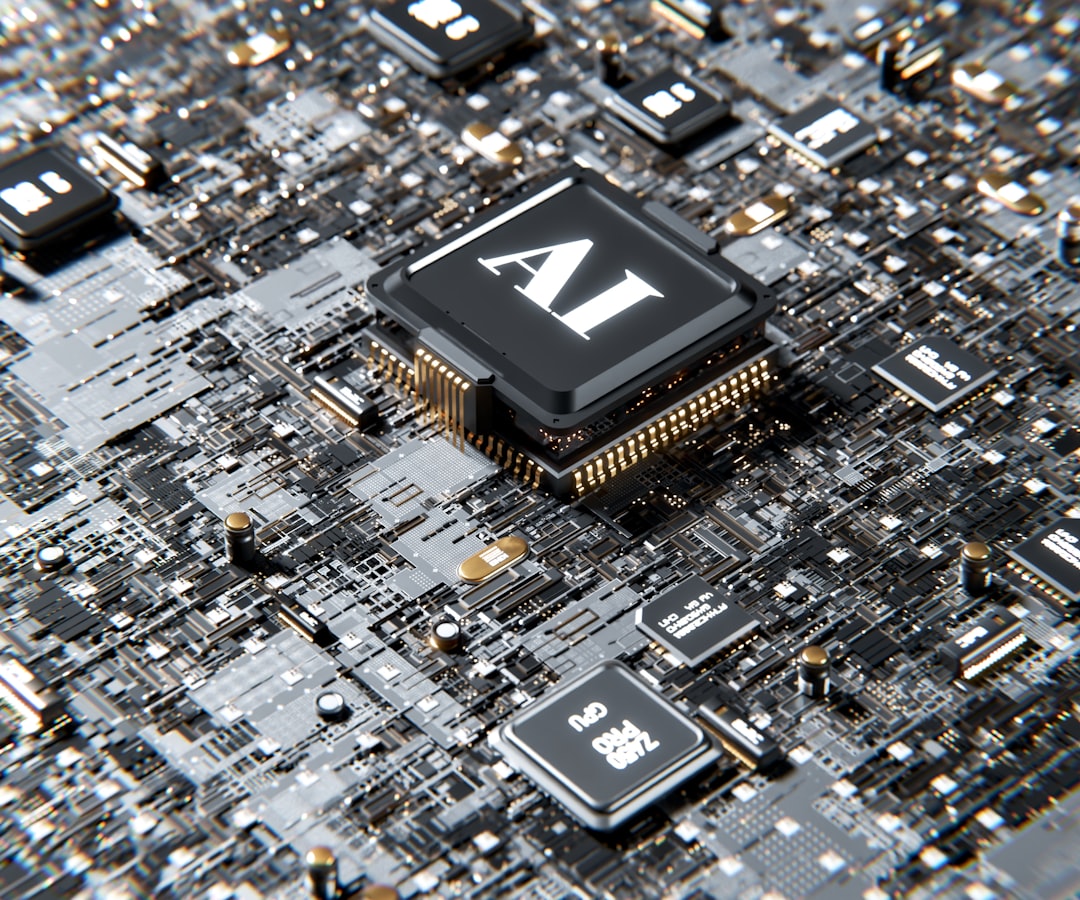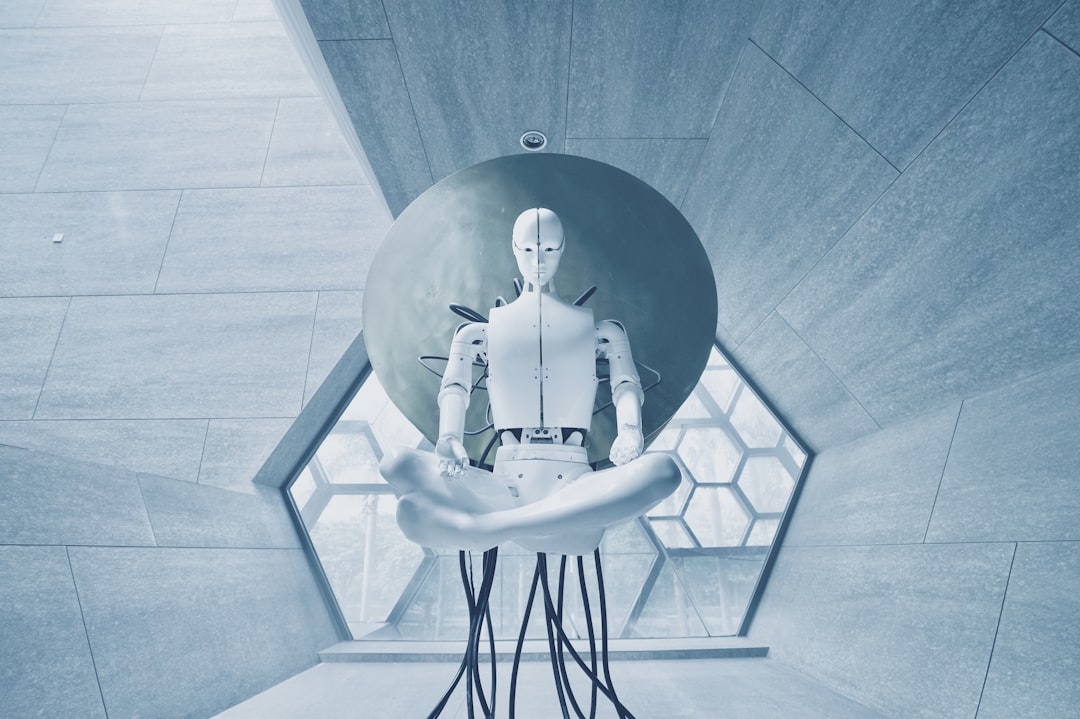
In today’s fast-paced, distraction-filled world, traditional productivity tools often fall short. To-do lists pile up, calendars overflow, and deadlines slip through the cracks. Enter the best AI time management systems, which act as 24/7 accountability partners. These tools don’t just organize tasks—they adapt to your workflow, predict obstacles, and keep you focused. Below, we’ll explore how to harness this technology and why it’s revolutionizing productivity for entrepreneurs, freelancers, and remote workers.
The Problem with Conventional Time Management Tools

Most productivity apps and planners operate like digital sticky notes. They’re passive, inflexible, and lack the ability to guide you in real time. For instance, if a client meeting runs late, a static calendar won’t reshuffle your remaining tasks. Similarly, traditional tools can’t analyze patterns in your work habits, like procrastination triggers or energy slumps.
This is where the best AI time management systems shine. They bridge the gap between planning and execution by acting as proactive coaches. Imagine a tool that notices you’ve spent 45 minutes scrolling social media instead of drafting a proposal—and gently nudges you back on track. Or a system that reschedules low-priority tasks when an urgent project lands in your inbox. These adaptive features make AI the best time management partner for modern professionals.
How AI Transforms Time Management

An AI accountability partner operates on three core principles: adaptation, intervention, and optimization. Unlike static apps, AI tools learn from your behavior. For example, if you consistently delay creative work until after lunch, the system will start blocking mornings for administrative tasks and afternoons for deep work.
The best AI time management tools also intervene in real time. They might send a reminder like, “You scheduled 90 minutes for this report—would you like to extend the block or take a break?” These micro-interactions mimic the accountability of a human colleague, ensuring you stay focused without feeling micromanaged.
Finally, AI optimizes your schedule over time. By analyzing data like task completion rates and focus patterns, it identifies inefficiencies. Perhaps you’re overestimating how much you can achieve before lunch or underestimating the time needed for client calls. The best AI time management systems flag these issues and adjust your schedule proactively.
Building Your AI Time Management System: A Step-by-Step Guide
Step 1: Select an AI Platform
Begin with tools explicitly designed for the best AI time management outcomes. ChatGPT and Claude are ideal for conversational coaching, while Reclaim.ai and Motion excel at calendar automation. Notion AI works well for integrating tasks, notes, and progress tracking into a single dashboard.
Step 2: Establish a Morning Planning Ritual
Each day, prompt your AI with a specific request. For example:
“Act as my productivity coach. Identify my top three priorities for today and allocate time blocks around existing meetings. Include buffer periods for unexpected tasks.”
This transforms generic AI into the best AI time management partner for your unique workflow.
Step 3: Integrate Real-Time Accountability Checks
Configure your AI to send periodic check-ins. Instead of passive reminders, these should be actionable. For instance:
“You’ve completed 50% of Task A. Do you need to adjust the remaining time block, or are you on track?”
Such prompts ensure you stay engaged, a hallmark of the best AI time management systems.
Step 4: Conduct Daily Performance Reviews
At the end of each workday, ask your AI to analyze your progress. A prompt like:
“Compare today’s completed tasks to my original plan. What caused delays? How can I optimize tomorrow’s schedule?”
This reflection turns raw data into actionable insights, solidifying the best AI time management habits over time.
Step 5: Automate Workflow Adjustments
Use automation tools like Zapier to connect your AI with other apps. For example:
- If a task runs over time, the AI can automatically shorten less critical blocks later in the day.
- If you skip a priority task, the system can reschedule it for your next high-focus window. These automations minimize manual adjustments, making this the best AI time management workflow for efficiency.
Real-World Success Stories
Entrepreneurs and freelancers using AI accountability partners report transformative results. One startup founder shared:
“My AI partner noticed I was wasting mornings on emails, so it shifted all communication to afternoons. Now I dedicate peak hours to strategic work—my revenue grew by 30% in two months. It’s the best AI time management decision I’ve made.”
Another user, a freelance writer, explained:
“My AI system breaks down complex articles into daily writing goals and blocks distractions during those periods. I’ve doubled my output without burnout.”
These stories highlight why the best AI time management tools aren’t just about saving minutes—they’re about reclaiming mental bandwidth for high-impact work.
Why AI Outperforms Human Coaches and Traditional Apps
Human coaches provide accountability but lack the 24/7 availability and data-crunching power of AI. Traditional apps, meanwhile, offer structure but no adaptability. The best AI time management systems merge the strengths of both:
- Unmatched Availability: AI doesn’t sleep, take weekends off, or miss details.
- Personalized Learning: It studies your habits and tailors strategies to your weaknesses.
- Cost Efficiency: For less than $50/month, you get round-the-clock support—far cheaper than hiring a human assistant.
For solopreneurs and small teams, this blend of affordability and precision makes AI the best time management investment available today.
Overcoming Common Challenges
Some users initially resist AI accountability, fearing rigidity or loss of control. However, the best AI time management tools are designed to collaborate, not dictate. For example:
- If you reject a rescheduled task, the AI asks for your preferred time instead.
- If you consistently ignore a recurring task, it suggests removing or delegating it.
This flexibility ensures the system evolves with your priorities, avoiding the burnout caused by overly strict routines.
The Future of AI-Driven Productivity
As AI grows more sophisticated, expect features like:
- Predictive Scheduling: Systems that auto-block time for tasks before they hit your inbox.
- Mood-Based Adjustments: Tools that reschedule work based on biometric data (e.g., stress levels).
- Team Integration: AI managers that align individual workflows with team goals.
These advancements will further cement AI as the best time management solution for professionals at all levels.
Final Thoughts: Embrace the Best AI Time Management System Today
The best systems aren’t a luxury—they’re a necessity in an era of constant distractions and competing priorities. By automating planning, enforcing accountability, and optimizing schedules, AI lets you focus on what truly matters: growing your business, honing your craft, or simply reclaiming time for yourself.
Start small. Choose one tool, experiment with daily prompts, and scale your system as you see results. Within weeks, you’ll understand why forward-thinking professionals call this the revolution of the decade.


